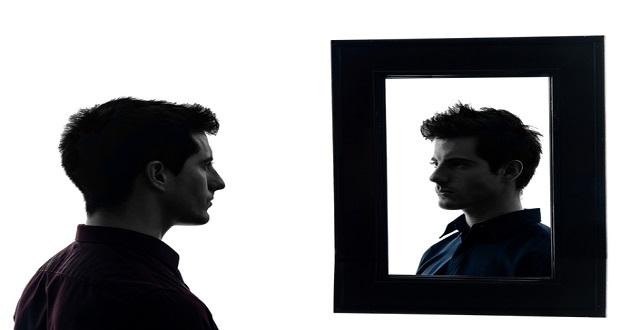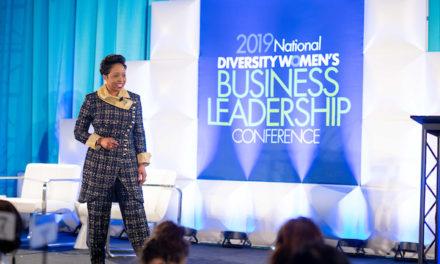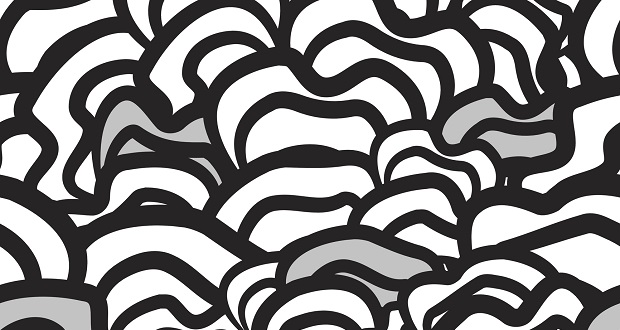
Stunning. It was stunning.
That’s how movie blogger David Faraci described the moment Caroline, the woman he had sexually assaulted 10 years earlier, forgave him. How did he get there? How did she get there? What did he do to earn forgiveness? It seems that many of the men who have been publicly accused are ready to jump to the part where they’re forgiven and everything’s okay and they don’t have to lose anything about their lives in order to “accept” what they did as wrong.
But that’s not Caroline’s story. And that’s not David’s story. And really, that’s not the story of restorative justice, the theme of this second episode of the PBS special Me too, Now What?
The episode focused on what it feels like to be the accuser, the accused, and how we come to a place of forgiveness and restoration. It took viewers through the pain of being violated and angry as well as the pain of realizing that you are not who you once thought you were. Host Zanaib Salbi asks Caroline this question that gets to the heart of what we can learn from her and Faraci’s stories: How do we turn from anger to compassion, and why do we need to?
It was clear that Caroline made the decision to share her experience (via Twitter) because she knew she couldn’t hold onto the anger any longer. In her words, “I was making myself sick I was so angry. I hadn’t just experienced anger once, but it was a constant place that I was acting from.” In other words, she was compelled by her own sickness to act with compassion for herself—to set herself free from it. It was a move for survival. Her words echo what’s happening all over the country in this movement – we are sick with anger, and we can’t hold it in any longer. It’s poisonous, and we know we need healing.
David Faraci, on the other hand, actually got sick. He said that minutes after he read Caroline’s tweet and realized what he had done, he vomited. Hours later, he was suicidal. He was not the person he thought he was, and the pain of that realization left him in that dark place where all you know are your failures and all you feel is your own weakness. So, he entered recovery. He now had his own anger to deal with, along with Caroline’s.
In the meantime, Caroline became publicly responsible for absolving him. She became the arbiter, not only of her own feelings about Faraci, but of the way the world should see him. Had he “earned” her forgiveness? Because if so, we could all move on. Ultimately, that question isn’t about compassion, it isn’t even really about her anger. It’s about whether or not the accused gets to live a normal life again. The world was asking her to forgive him without much regard for her own healing – or his.
But they made a different choice. Faraci, for his part, worked through the 12 steps and eventually asked for forgiveness – forgiveness that he knew he didn’t earn. Caroline, after releasing her anger and finding compassion for herself, gave it – mostly for her own healing. It took ten years, multiple attempts by Caroline to tell her story, multiple denials from Faraci, a massive amount of public shaming, getting sober, and both finding transformation and inner peace for this moment to occur. And it will take many more years, particularly for Faraci, to continue repairing relationships with others in his life and with his community. His absolution is not complete, as there may be others who are not ready to absolve him.
And to that, he says? “Tough s***.”
It was refreshing to hear a man accept that this journey would not be easy and that he might lose some aspects of his old life because of it (In fact, he lost his job for the second time once the company realized that rehiring him was a bad PR move). He knows that his choices left Caroline with inescapable anger, with a sickness. He also knows that her choice to find compassion and forgive left him with something far greater than he had before – a restored sense of self.
What does this mean about how and why we move from anger to compassion? I think it means that we choose compassion, at least initially, out of survival. We choose it because if we don’t, we will no longer recognize ourselves. It also means that we move towards compassion not because it’s our responsibility to heal the wounds of those who’ve hurt us, but because we have hope that in their healing, they will add less poison to the world we share.
So, when I see women marching in the streets, exposing people on social media, writing OpEd articles about the men that assaulted them, bravely speaking out on college campuses, and just generally telling the world, “Me too,” I see generations of women exposing their anger and creating space for all of us to restore our sense of self in a less poisonous world. I see generations of women beginning the process of transformation – looking in the mirror and saying, “We can’t live like this anymore.” They are urging men, and all of us, to look in the mirror as well and ask ourselves, “Am I the person I think I am? And if I’m not, am I willing to be transformed by the truth of someone’s pain? Can I accept that I’ve been poison?” You might be stunned by your answers. You might be even more stunned by what you get in return.


















